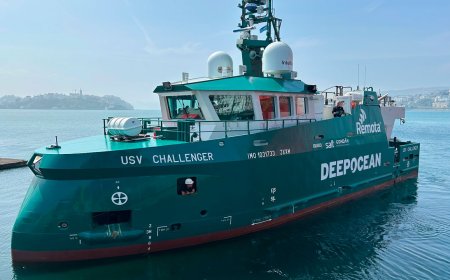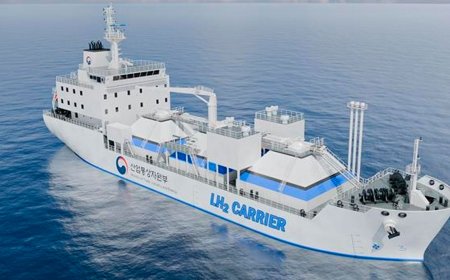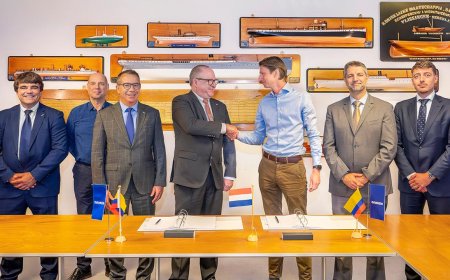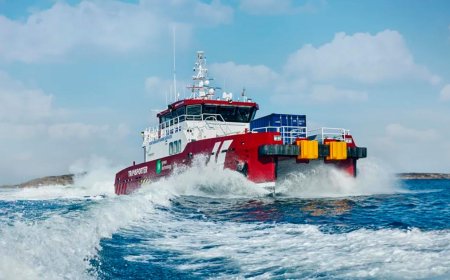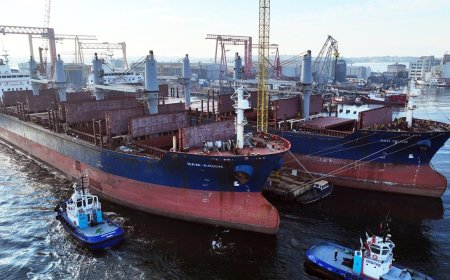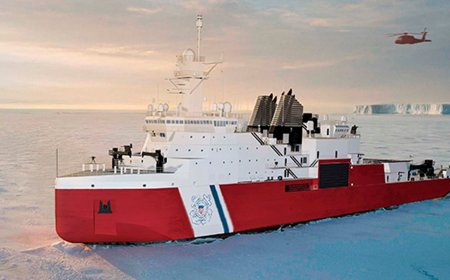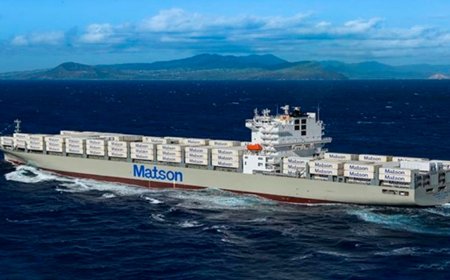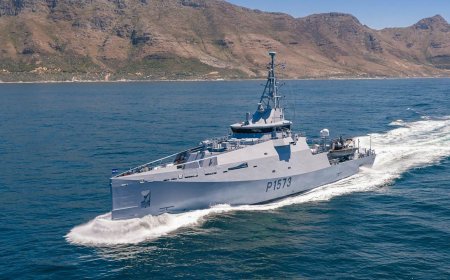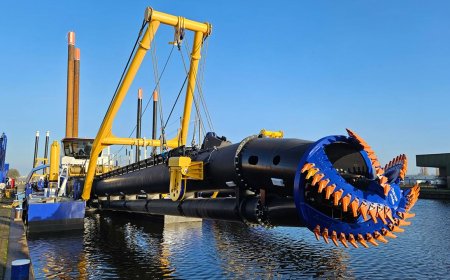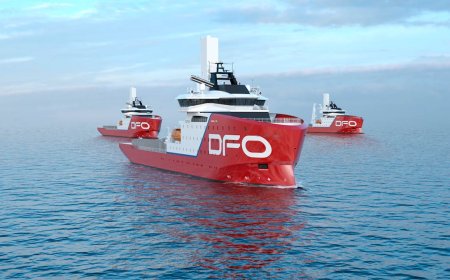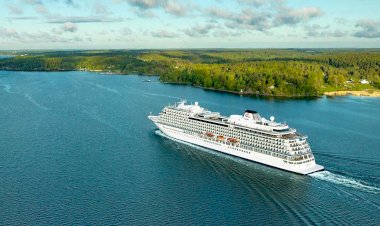Bremen’s Senate resolves to provide shore power for maritime shipping
By the end of 2023, two shore power supply units will be installed for maritime shipping in the container throughput area in the city of Bremen
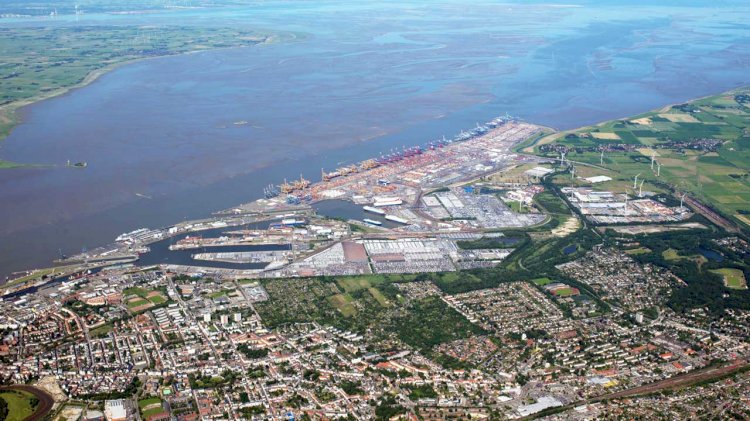
Bremen’s Senate resolved to create comprehensive additional shore power supply facilities at the ports of Bremen. The plans envisage the provision of eight stationary shore power supply units for maritime shipping and two additional connections for inland shipping by the year 2023.
Dr Claudia Schilling, Senator for Science and Ports, stated:
“The creation of shore power connections for maritime shipping is another step forward and an important milestone in our endeavours to become a green, climate-neutral port. Accordingly, the electricity for these permanently installed shore power connections will come entirely from renewable energy sources.”
Prior to the adoption of this pioneering resolution, bremenports and the Fischereihafen operating company had already identified particularly suitable locations both in the Überseehafen area in Bremen itself and at Fischereihafen in Bremerhaven and conducted detailed assessments of the technical feasibility and the costs involved. By the end of 2023, two shore power supply units will be installed for maritime shipping in the container throughput area in the city of Bremen, another one in the ro-ro port area and one at the cruise terminal. At Fischereihafen, there will be three facilities for government vessels and one for research shipping.
To date, the provision of shore power at the ports of Bremen has focussed on port and service vessels as well as inland shipping. Most of the berths for these sectors in Bremen und Bremerhaven have already been equipped with the necessary plant. The new investment programme will create another two facilities for inland shipping at Bremen’s Industriehafen, so that all the relevant mooring points for river traffic will then be equipped with shore power connections.
The total investments for all ten new connections will amount to 32.4 million euros, half of which will be funded by the Federal Land of Bremen, the other half by the federal government on the basis of an administrative agreement to be signed between the federal and state governments.
Schilling commented:
“This political objective is in line with the European Union’s ‘Green Deal” and is also included in the present Coalition Agreement and the federal German Climate Protection Programme. Together with representatives of four other North German states and the federal government, I already signed a Memorandum of Understanding back in autumn 2019 regarding improvement of the framework conditions for the use of shore power at the ports. I am pleased to say that this Memorandum of Understanding is now being followed by tangible measures and that here at the ports of Bremen, we are not taking merely a small step, but a giant leap forward.”
At the same time, however, the Senator appealed to shipowners to design and operate more eco-friendly fleets on the whole. This involved retrofitting as many vessels as possible, as soon as possible, or commissioning new ships with the appropriate equipment for the use of shore power. Schilling stated:
“We can only achieve our goal of clean shipping if everyone involved makes a concerted effort. The more ports that provide shore power, the more cost effective it will be for the shipping companies to adapt their vessels. Ships spend most of their time at sea, so it is only logical that more attention has to be paid to the use of new, low-emission or emission-free propulsion systems to back up the measures in place at the ports.”
